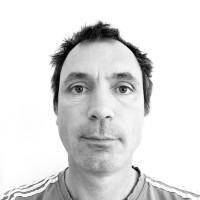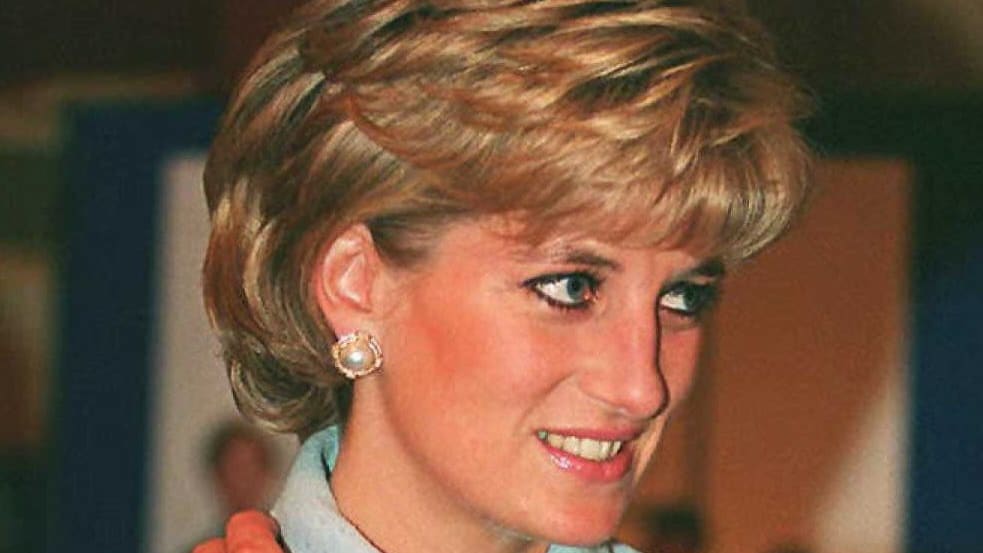Martin Bashir landed his famous Panorama interview with Princess Diana by feeding her a diet of false stories that fueled her paranoia, including allegations that she was being spied on by security services, that her staff were betraying her to the tabloids, that Prince Edward had AIDS, and that her husband was having an affair with her son’s nanny, a long-awaited inquiry into the affair published Thursday by the BBC claims.
The BBC admitted covering up Bashir’s “deceitful” tactics, and apologized for its “clear failings.”
If you love The Daily Beast’s royal coverage, then we hope you’ll enjoy The Royalist, a members-only series for Beast Inside. Become a member to get it in your inbox on Sunday.
The BBC’s current director general, Tim Davie, said, “The BBC should have made greater effort to get to the bottom of what happened at the time and been more transparent about what it knew.”
In a lengthy response statement, Bashir said that while he had long admitted to mocking up fake bank statements and deeply regretted it, Diana had ultimately wanted to do the interview, in which she discussed her bulimia and accused her husband of infidelity, and that he was proud of it and admired Diana for doing it. The inquiry also published a letter Diana provided to Bashir that said, “I consented to the interview on Panorama without any undue pressure and have no regrets concerning the matter.”
In the interview, Diana publicly stated for the first time that her husband had been unfaithful to her, conducting a lengthy affair with Camilla Parker Bowles for much of their marriage.
She famously said, “There were three of us in this marriage, so it was a bit crowded.”
She also admitted to her own infidelity with James Hewitt. The interview, broadcast in late 1995, prompted the queen to demand that the couple, who were at the time formally separated, officially divorce.
The divorce was made official in 1996 and Diana was killed in a car crash in Paris on Aug. 31, 1997.
Prince William and Prince Harry both slammed the BBC on Thursday for allowing the interview to air despite the “deceitful” ways Bashir obtained it. “The ripple effect of a culture of exploitation and unethical practices ultimately took her life,” Prince Harry said in a statement. “What deeply concerns me is that practices like these—and even worse—are still widespread today. Then, and now, it’s bigger than one outlet, one network, or one publication. Our mother lost her life because of this, and nothing has changed.”
Hours before the report was officially published, Diana’s brother, Earl Spencer, posted a photograph of himself with his sister as small children along with the comment, “Some bonds go back a very long way.”
Spencer has long claimed that Bashir, who was religion editor at BBC News until he stepped down last week citing ill health, showed him fake bank statements suggesting that his staffers were selling secrets to the tabloids.
He said that seeing the bank statements persuaded him to introduce Bashir to Diana. He has also said that in a subsequent meeting that included Bashir, Diana, and him at a friend’s Kensington apartment, he was so incredulous of Bashir’s wild claims that he advised Diana to have nothing to do with Bashir, who was then a little-known reporter. Spencer said he was horrified when he heard the interview had gone ahead.
The knowledge that the bank statements were fake has been public for many years. Matthew Weissler, a graphic designer who was asked to mock them up by Bashir, is the only person who was ever fired by BBC over the interview. He has long claimed he was unfairly scapegoated and that he was told the bank statements were only being used as props for background footage.
Prince William has supported the inquiry, saying it would “help establish the truth behind the actions” that led to the program airing. In a video posted to Twitter on Thursday, Prince William said the program “established a false narrative” and was a “major contribution to making my parent’s relationship worse, and has since hurt countless others.”
“What saddens me most is that if the BBC had properly investigated the complaints and concerns first raised in 1995, my mother would have known she had been deceived. She was not failed but just a rogue reporter, but by leaders of the BBC, who looked the other way rather than asking the tough questions,” he said, adding that the program “should never be aired again.”
The Daily Telegraph said that it had seen pages of notes taken by Spencer and submitted to the inquiry. The notes allegedly show that during his meeting with Bashir and Diana, Spencer alleges Bashir told 38 lies, including that Diana’s phones were being tapped, that she was being tailed by security services, and that William and Harry’s nanny was having an affair with Charles.
Bashir is said to have told the inquiry that he did not make many of the claims detailed in Spencer’s notes, which allegedly included claims by Bashir that Prince Edward had AIDS and the queen comfort-ate and had a bad heart. Bashir reportedly said that it was Diana who made these claims and that Spencer had misattributed them to him.
Bashir said in a statement after the report’s findings were released on Thursday, “This is the second time that I have willingly fully co-operated with an investigation into events more than 25 years ago. I apologized then, and I do so again now, over the fact that I asked for bank statements to be mocked up. It was a stupid thing to do and was an action I deeply regret. But I absolutely stand by the evidence I gave a quarter of a century ago, and again more recently.
“I also reiterate that the bank statements had no bearing whatsoever on the personal choice by Princess Diana to take part in the interview.”
Bashir added, “It is saddening that this single issue has been allowed to overshadow the princess’ brave decision to tell her story, to courageously talk through the difficulties she faced, and to help address the silence and stigma that surrounded mental health issues all those years ago.
“She led the way in addressing so many of these issues and that’s why I will always remain immensely proud of that interview.”
Lord Birt, director-general of the BBC at the time, sought to put the blame squarely on Bashir in a statement he made Thursday, saying, “We now know that the BBC harbored a rogue reporter on Panorama who fabricated an elaborate, detailed but wholly false account of his dealings with Earl Spencer and Princess Diana.”
Former Director-General Lord Tony Hall, who oversaw a 1996 BBC inquiry into the interview that is accused of covering up Bashir’s deceptions, said, “I accept that our investigation 25 years ago into how Panorama secured the interview with Princess Diana fell well short of what was required. In hindsight, there were further steps we could and should have taken following complaints about Martin Bashir’s conduct.
“I was wrong to give Martin Bashir the benefit of the doubt, basing that judgment as I did on what appeared to be deep remorse on his part.
“Throughout my 35-year career at the BBC, I have always acted in ways I believe were fair, impartial and with the public interest front and center.
“While Lord Dyson does not criticize my integrity, I am sorry that our investigation failed to meet the standards that were required.”

